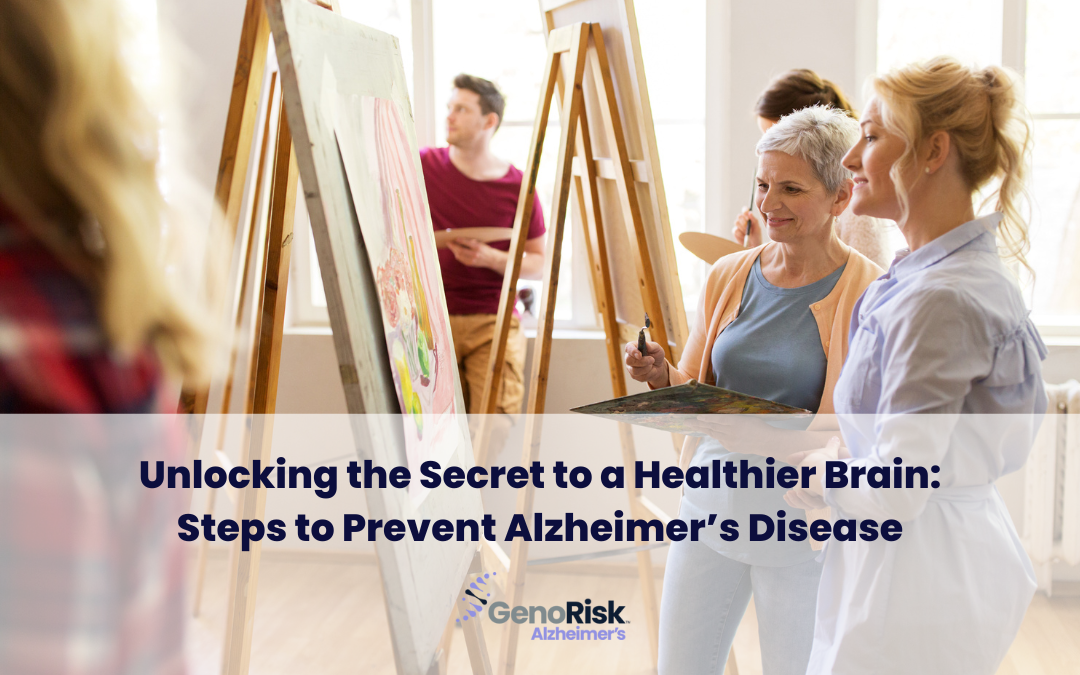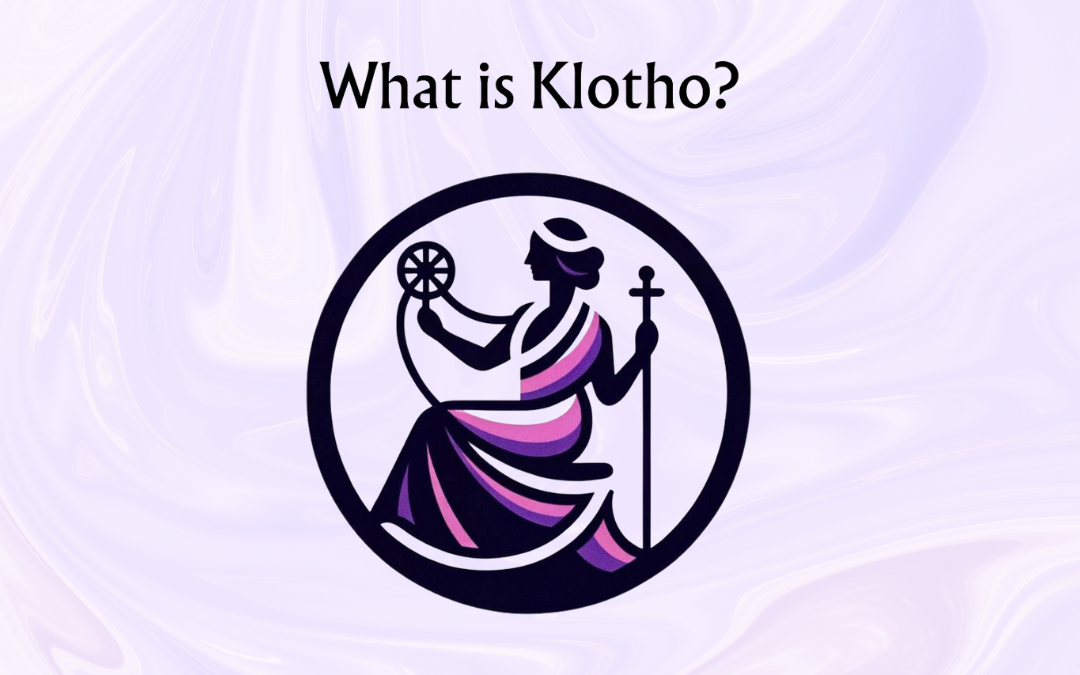As we age, our bodies and minds go through a variety of changes. Unfortunately, many of these changes are often accompanied by myths and misconceptions that can affect our perception of aging. Here are ten common myths of aging:
Myth 1: Aging is just about physical decline
While physical changes are a normal part of aging, there is much more to aging than just physical decline. Older adults can still maintain their mental and emotional health and continue to learn and grow throughout their lives.
Myth 2: All older adults are forgetful
While some memory decline is a normal part of aging, not all older adults experience significant memory loss. Many older adults maintain good cognitive function well into their later years.
Myth 3: Older adults are not interested in sex
Many older adults continue to have an active sex life well into their later years. Sexual desire may decline with age, but many older adults find sex to be an enjoyable form of physical activity and important part of their lives.
Myth 4: Older adults are not interested in learning new things
Older adults can still learn new things and continue to challenge themselves mentally. In fact, continuing to learn and challenge the brain can help maintain cognitive function and overall brain health.
Myth 5: Aging means becoming frail
While physical decline is a normal part of aging, not all older adults become frail. Many older adults are able to maintain their physical function and mobility well into their later years.
Myth 6: Older adults are all the same
Older adults are a diverse group of people with a variety of interests, abilities, and needs. It is important to avoid stereotyping older adults and to recognize the unique characteristics and experiences of each individual.
Myth 7: Older adults are all grumpy and unhappy
Many older adults are happy and satisfied with their lives, despite the challenges that come with aging. In fact, some studies suggest that older adults may be happier than younger adults.
Myth 8: Older adults are not interested in technology
Many older adults are interested in and adept at using technology. In fact, technology can help older adults maintain social connections, stay informed, and manage their health.
Myth 9: Aging means becoming dependent
While some older adults may become dependent on others for care, not all older adults experience this. Many older adults are able to maintain their independence well into their later years.
Myth 10: Aging means losing one’s purpose
Older adults can still have a sense of purpose and meaning in life. Many older adults find fulfillment in activities such as volunteering, mentoring, and spending time with family and friends.
It is important to recognize and challenge the myths and misconceptions of aging. Aging is a natural and normal part of life, and older adults can continue to live fulfilling and meaningful lives well into their later years. By understanding and addressing these myths, we can better support and appreciate older adults in our communities, and embrace the aging process to live well while aging.
Sign up for our newsletter to receive monthly cognitive health and wellness updates.







